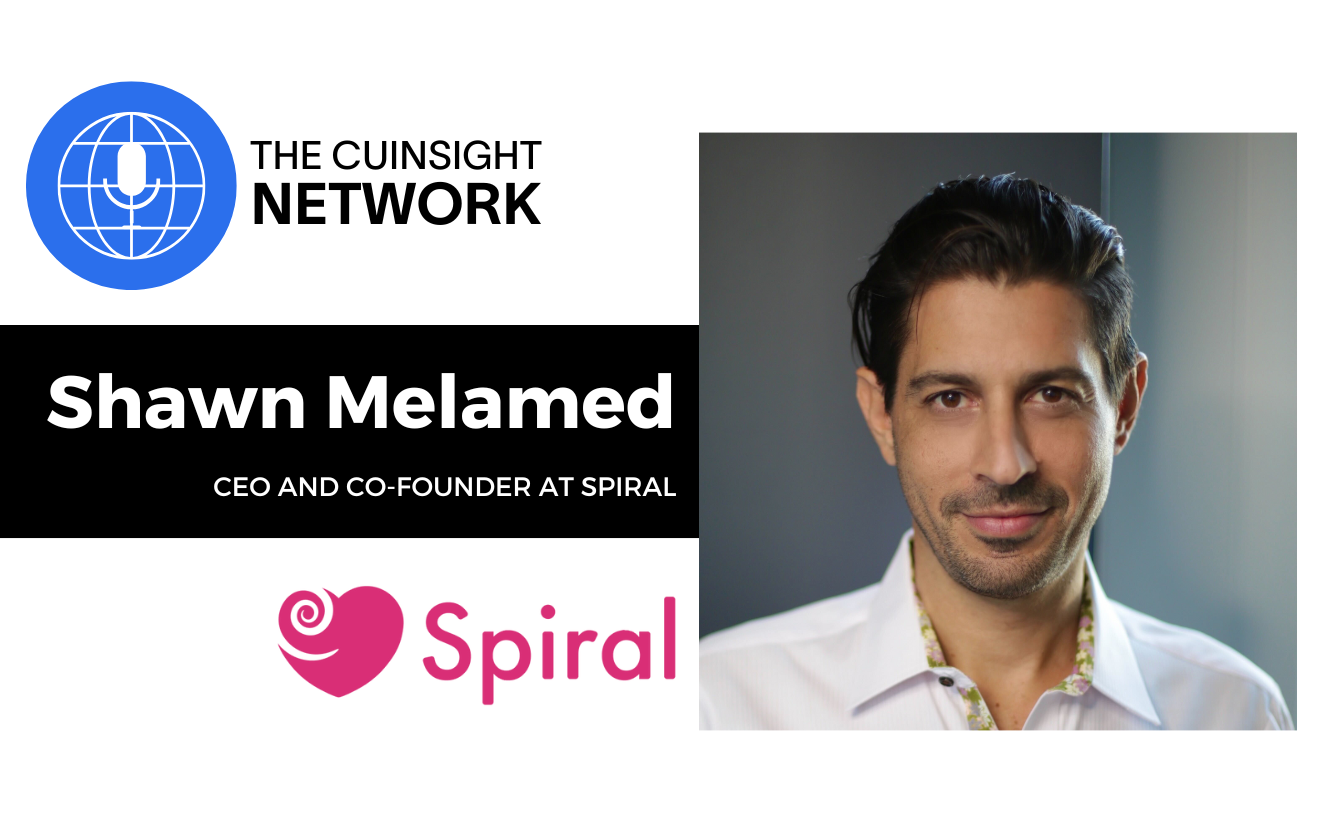During a press conference last month to announce Microsoft’s acquisition of Nokia, Nokia CEO Stephen Elop ended his speech saying, “we didn’t do anything wrong, but somehow, we lost.” Upon this conclusion, he and the entire management team publicly wept.
Nokia was a strong corporation. Incorporated in 1865, it became one of the biggest corporations in the world. What happened? I believe the simple answer is that a dynamic, evolving marketplace outpaced company leaders’ strategic thinking.
I wonder how many consolidated credit union boards and CEOs felt the same way on their way out – a fair number, I suppose. I don’t envy them their positions. I wouldn’t want to be the one who had squandered a long legacy of relevancy because I failed to think and adapt strategically. It’s sad really, considering some of the credit unions that are going away have been around for nearly 80 years. Eighty-years of helping members, creating good jobs and supporting communities…gone. Charters no longer relevant, and no longer able to compete and win in today’s marketplace.
Operationally obsessed
I see it all the time: operationally obsessed leadership. Good people with good intentions who are micro-focused on the operational issues of the day, so busy managing processes and “doin’ the doin’” that they spend little if any time thinking strategically.
It’s sad, but true. Many credit unions have become so focused on making sure they don’t do anything wrong, e.g., maintaining (and measuring) perfect practices to support policies, zero loan exceptions, great exams, etc., that leaders spend very little time focusing on what’s going on around them. Many of these operationally obsessed credit unions are dying a slow death. They are probably well-capitalized (legacy equity), risk-adverse credit unions who are managed, but not led. Their leaders are focused on managing to operational systems and processes, but they are not strategic or entrepreneurial. These are the credit unions with very thin margins that have ceased to grow in a meaningful way. If they disappeared tomorrow, their members would have countless other options available to meet their needs. These credit unions have become good at managing processes and, like Nokia, they haven’t done anything wrong, but they have become irrelevant and they have lost.
I get to work with a broad range of credit unions, some that fit in with the operationally obsessed group and some that are very strategically focused credit unions. I’ve seen small- to medium-sized examples from both groups. I have small-credit-union clients who are amazing strategic thinkers and planners. It’s easy to tell the difference between the two paradigms. One group is just surviving, while the other group is thriving with remarkable results.
Assess yourself and your team, asking where you focus most of your energy: operationally focused, making sure you don’t do anything wrong; or strategically focused, making sure you’re aware of your surroundings, planning ahead in the right direction.
Look at where you spend most of your time. Review past board (or management team) minutes and identify how much meeting time is focused on:
- Clear strategic priorities versus conversations about operational things, such as a $300 marketing expense;
- Justifying why things won’t work versus conversations about how the world is changing, and how the credit union must adapt to survive;
- Consistently rewarding operational (process) excellence versus rewarding entrepreneurial and strategic excellence (it’s okay to reward both, but your team knows what their leader really values – make sure it’s thinking strategically).
To survive and thrive, your thoughts and mindsets must be strategically focused. The primary goal is to serve our membership and, over the long term, the only way we can ensure that we do it is to be more focused on remaining relevant and less focused on making sure we don’t do anything wrong.
More than ever, the world we operate in is in flux. Things that worked yesterday and may be working today will be replaced by the realities of tomorrow. Your mindset and receptiveness to change is in your hands.
Don’t get me wrong, I know how important operational processes and clean exams can be. I’m not proposing that we overlook those things. However, if your shop is more concerned with getting a clean exam and less concerned with a negative loan/membership trend, you might need to refocus your priorities. I don’t have the numbers, but I’m guessing that more credit unions are merged because they lack relevancy then for non-compliance to a regulation.
Those of us who constantly think strategically and have the discipline to adapt as needed are strengthening their relevance and will leave their space better when they step aside. The only tears from this group will be from the pride they feel for their contribution and leaving their credit union and their team better than they found it.







